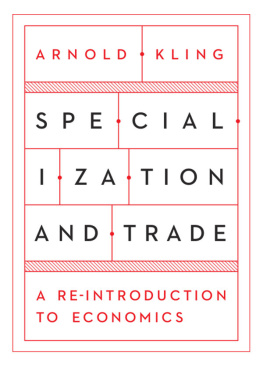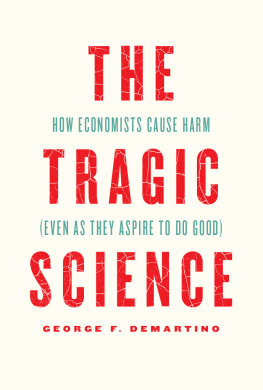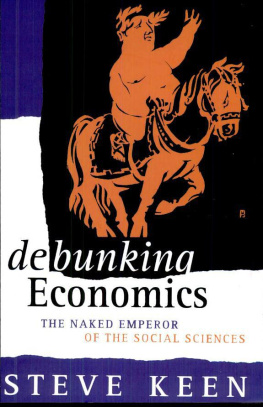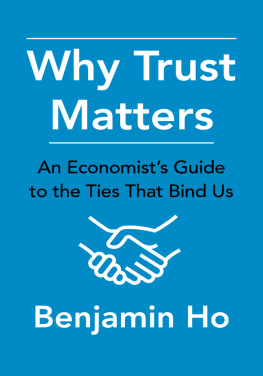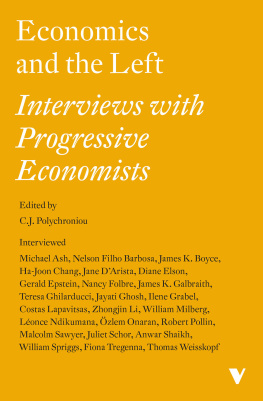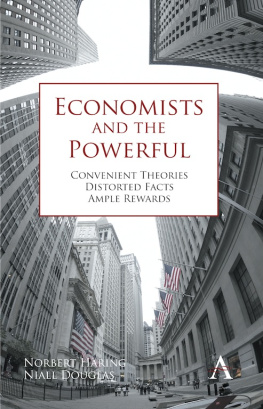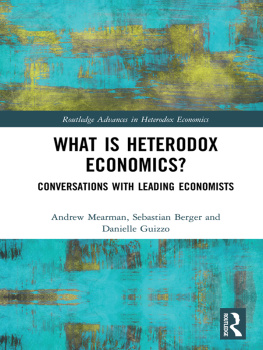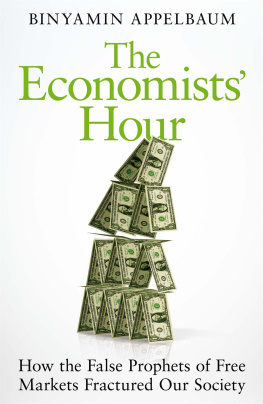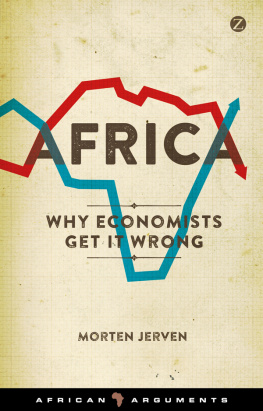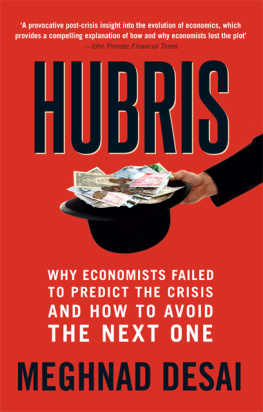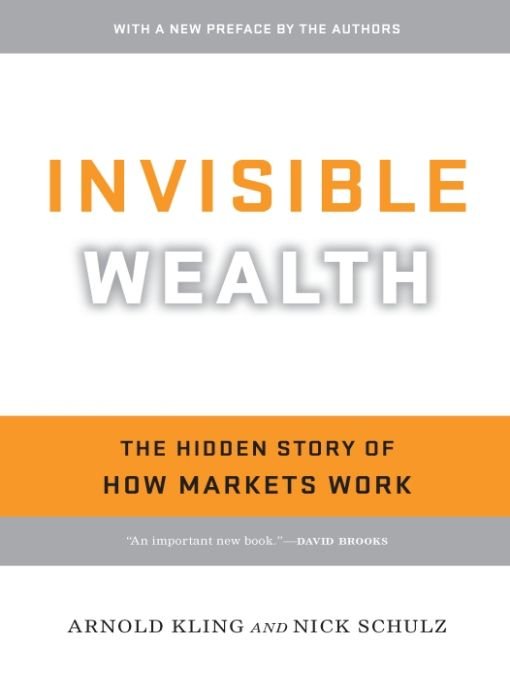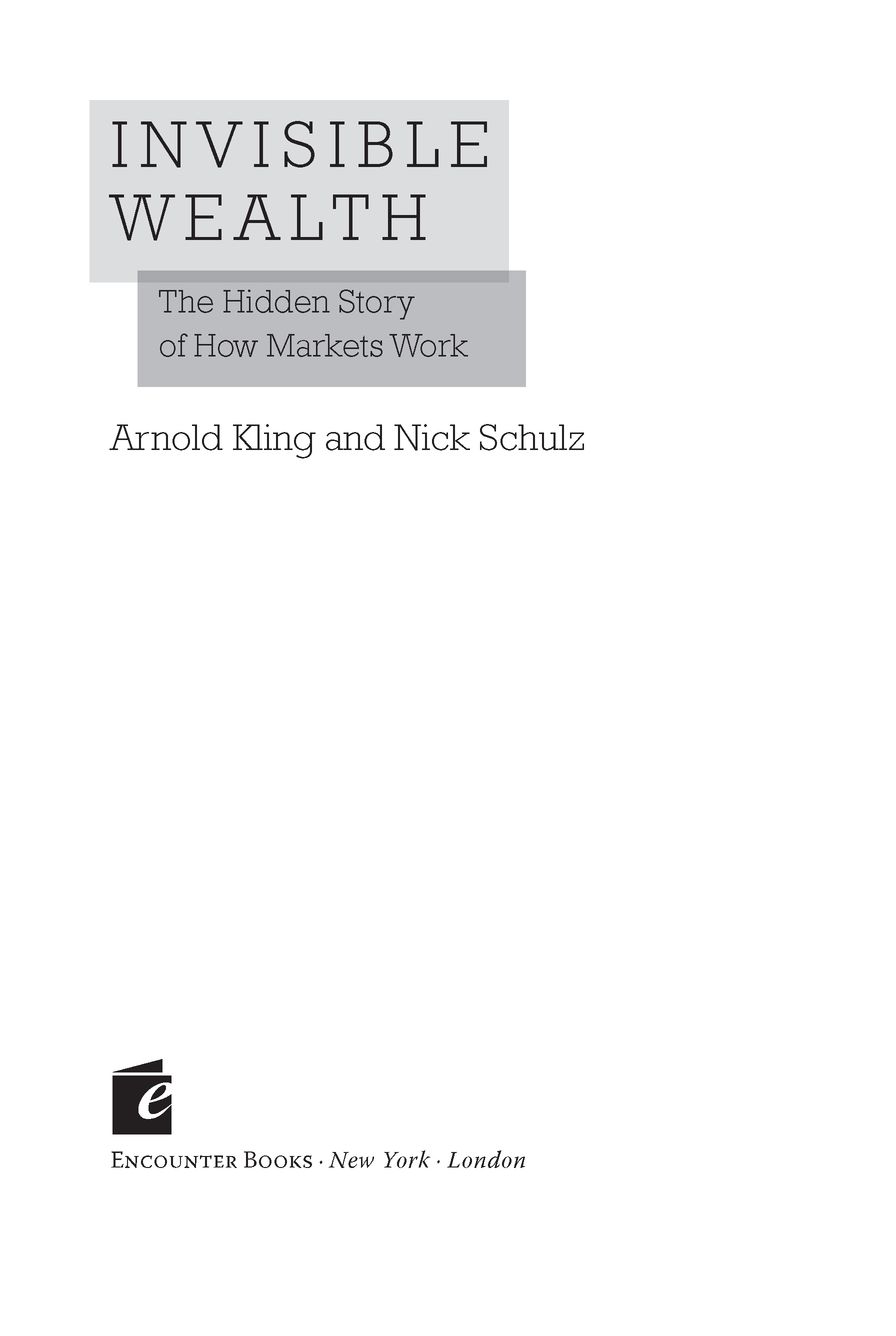Table of Contents
Praise for Invisible Wealth, previously published as From Poverty to Prosperity
Over the past decades, many economists have sought to define the differences between the physical goods economy and the modern protocol economy....Their research is the subject of an important new book called From Poverty to Prosperity, by Arnold Kling and Nick Schulz.
DAVID BROOKS
Kling and Schulz present a new line of economic reasoning Economics 2.0 that focuses on innovation, rather than government intervention, to solve market failures. This book is particularly timely given the current financial crisis. Kling and Schulz demonstrate why a costly, government-driven recovery attempt is unlikely to lead to sustainable growth and may even lead to greater losses in the future. By offering concise, easily understandable chapters that are supplemented by interviews with well-respected economists, Kling and Schulz provide a text that is comprehensive without being burdensome. From Poverty to Prosperity makes a persuasive argument for limited government intervention in the free market, and for empowering the individual.
NEWT GINGRICH
former Speaker of the House,
author of Real Change
FPTP leaves you with one key idea.... The prosperity of countries now depends more on human institutions, innovations, and know-how than on material factors. Politicians and policymakers need to understand that strengthening those intangible assets is more important than short-run economic management.
JOSEPH LAWLER
The American Spectator
The book makes the arguments about the evolutionary or emergent nature of economic outcomes, and the importance of markets rather than planning, in a clear and readable way.
Diane Coyle
author of The Soulful Science
A fascinating blend of interviews and perspectives on where economics and the economy is heading. A must read for anyone who thinks economists are out of touch with todays reality or dont have competing compelling visions for the future.
SIMON JOHNSON
Ronald Kurtz Professor of Entrepreneurship
at MITs Sloan School of Management,
former chief economist at the IMF
Arnold Kling and Nick Schulz show you how to think like a new economist, updating the conventional scarcity toolkit with their one big story on innovative entrepreneurship. This is the antidote to shallow, static pessimism about our economic future. Books about economics have proliferated in recent years, but From Poverty to Prosperity finally tells us about the important new ideas proliferating among economists. In this series of interviews with breakthrough thinkers inside the profession, Kling and Schulz offer the single best summation of new thinking on growth and development that I have seen, and their presentation is fantastic.
BOB LITAN, Ph.D.
Vice President, Research and Policy, The Kauffman Foundation, and
Senior Fellow, Economic Studies, The Brookings Institution
If more taxpayers read this book theyd be better prepared to vote for policies that keep America a place where workers become more, not less, productive, when they arrive here from their countries of origin.
IRA STOLL
editor of FutureOfCapitalism.com
The central thesis of this book is that mainstream economics, with its emphasis on labor and capital and its focus on the efficient allocation of an economys output, is not so much wrong but utterly misleading in its understanding of modern economies, especially that of the United States.
RICHARD COOPER
ForeignAffairs.com
For Lauren, Olivia, Gwendolyn, Ryan,
Jackie, Rachel, Joanna, and Naomi:
The Ultimate Sources of Prosperity
Acknowledgments
I have many influences, but two that I particularly treasure are those of my father, Merle Kling, and my undergraduate economics professor, Bernie Saffran. Both encouraged a spirit of open inquiry, and it saddens me that they are no longer with us to see this product.
ARNOLD KLING
Jim Glassman, Justin Peterson and Ryan Grillo understand the importance of growth to poverty alleviation and have worked hard across the globe to bring it about.
Christopher DeMuth has taught me that there is nothing more powerful than the production of new knowledge.
Arthur Brooks, Bob Litan and Carl Schramm have unlocked the secrets of entrepreneurship and its capacity for civic and economic renewal.
Kim Dennis and David Gerson have helped me see the myriad ways in which freedom is both a value in and of itself and a force for good worth protecting.
My friend Jonah Goldberg has convinced me that while there are no lasting victories in intellectual combat, one should always enjoy the fight (and the only scarcities that truly matter are those of grilled meats and a good Gibson).
Bill Bennett has been a mentor for over ten years now and has offered generous friendship, wise counsel and shown me the spiritual abundance available everywhere, from the desert valley to the mountaintop.
My parents, Bill and Lynne, were the original sources of any hidden assets I might claim to have (any liabilities intangible or otherwise are solely my own). My wife Lauren and three kids have taught me that human love is capable of something miraculous increasing returns to scale.
NICK SCHULZ
Preface to the Paperback Edition
THIS BOOK first appeared in the fall of 2009 as From Poverty to Prosperity. Because it was written before the recession started, it turned out to be one of the few books on the economy published at the time that did not portray the financial crisis and the recession as a vindication of everything that the authors had believed for years. We did not anticipate the financial crisis. In fact, an early draft of this book had a paragraph that reflected the conventional wisdom of the day: that the crisis would be confined to the underworld of subprime mortgage lending, without affecting any major regulated financial institutions. Eventually we deleted that paragraph, but in retrospect it might have been useful for historical purposes to have let the paragraph stand, as testimony to what most economists believed in 2007.
If as many commentators had been as certain about what was happening several years ago as they claim to be today, the crisis would never have occurred. For example, when the Glass-Steagall Act was repealed in 1999, this action was commonly viewed as a mere formality, ratifying changes that had already taken place, rather than creating a new playing field in finance. We think this is still the appropriate analysis of that legislation.
Other commentators claimed that they had warned about the dangers of Fannie Mae and Freddie Mac. Their warnings, however, were focused on the interest rate risk embedded in the portfolios of those government-sponsored enterprises, which turned out not to be the problem. Instead, it was credit risk that ultimately doomed Fannie and Freddie.
A number of well-known doomsayers warned of dangerous financial imbalances. But their focus was on international capital flows, and they expected the key triggering event to be a flight from the dollar. This is not what happened.
In hindsight, it is easy to see the instances of regulatory failure. In real time, however, regulations that later proved to be dysfunctional such as the Basel rules for risk-based capital and requirements for market-value accounting were regarded as sophisticated and conducive to safety.


